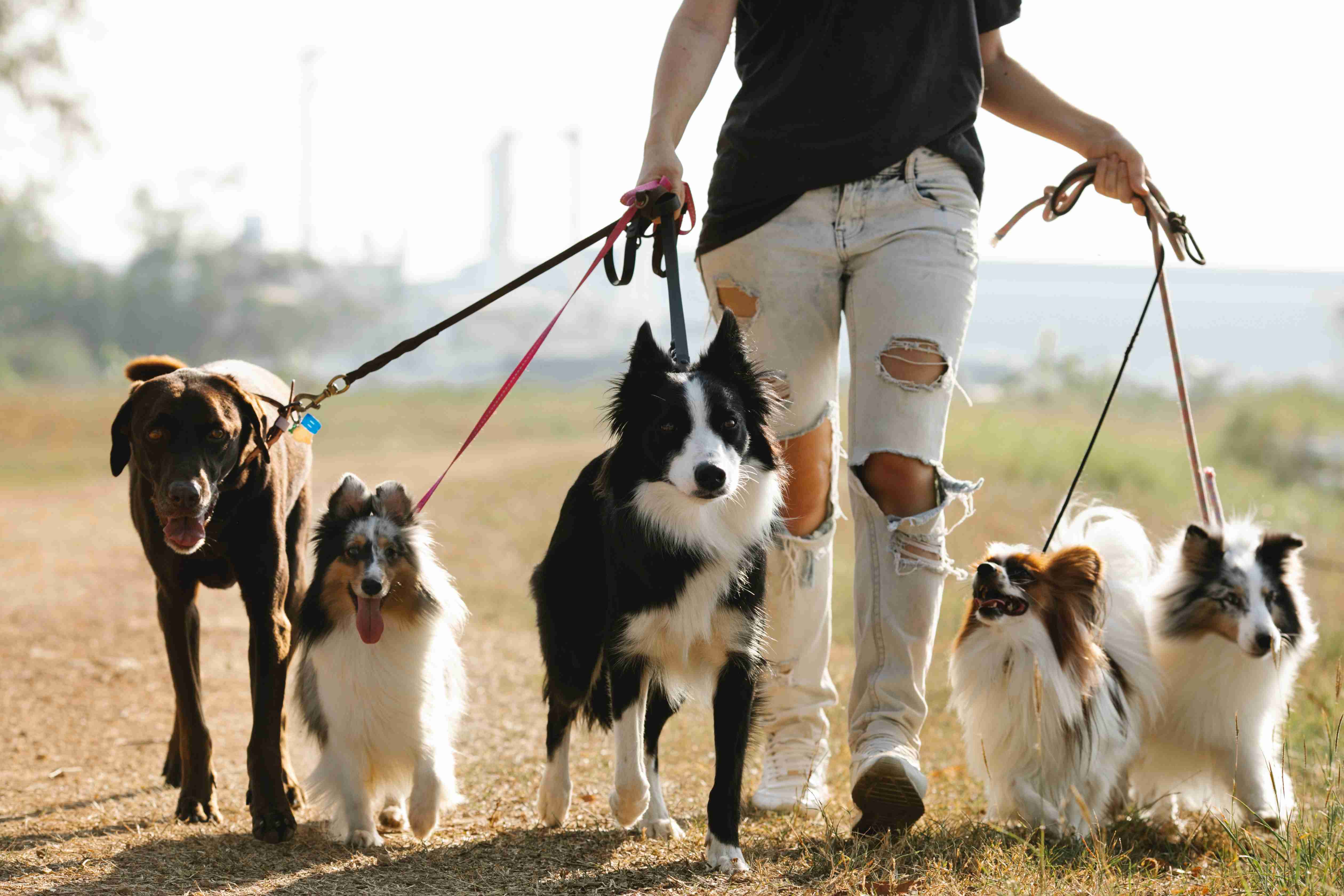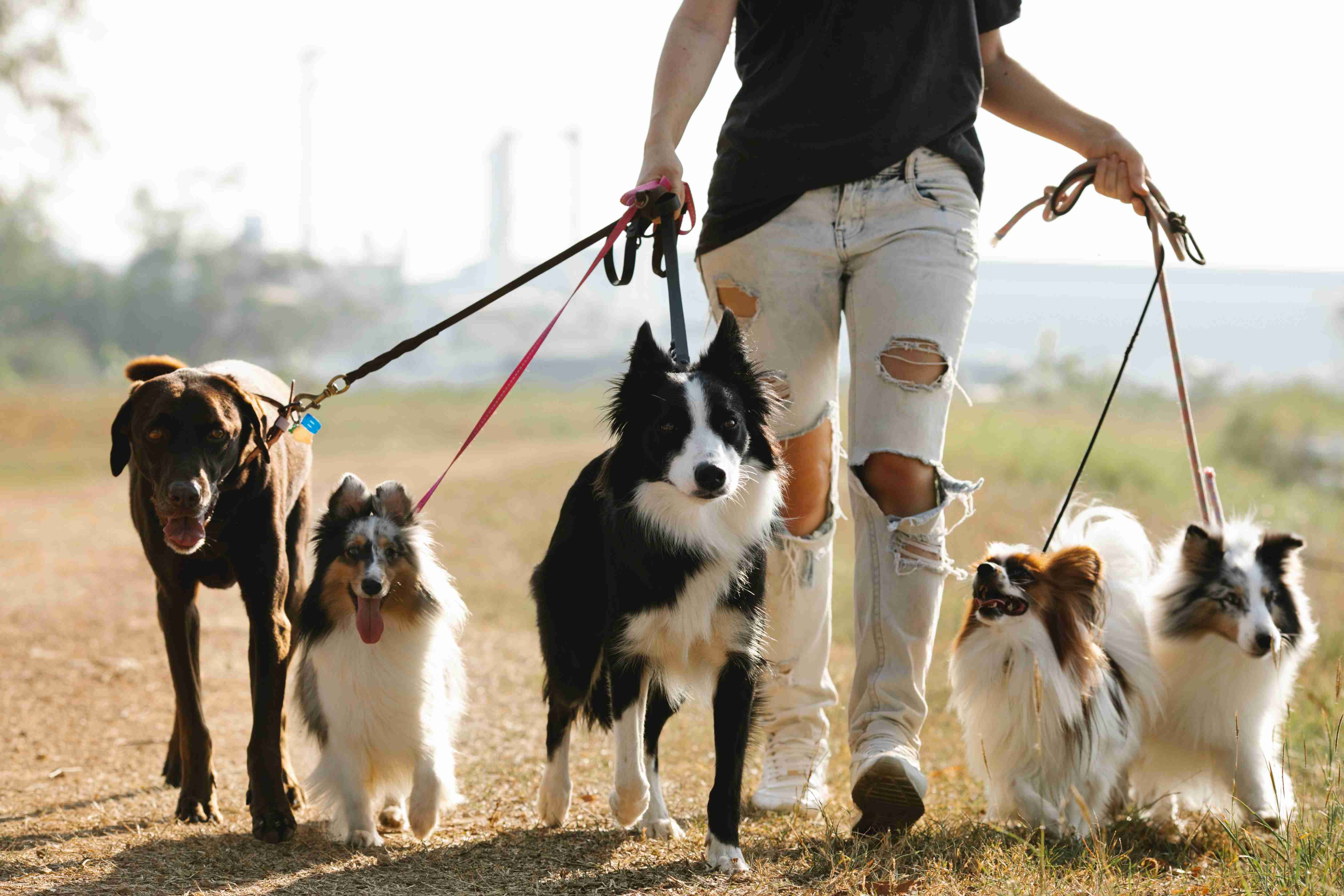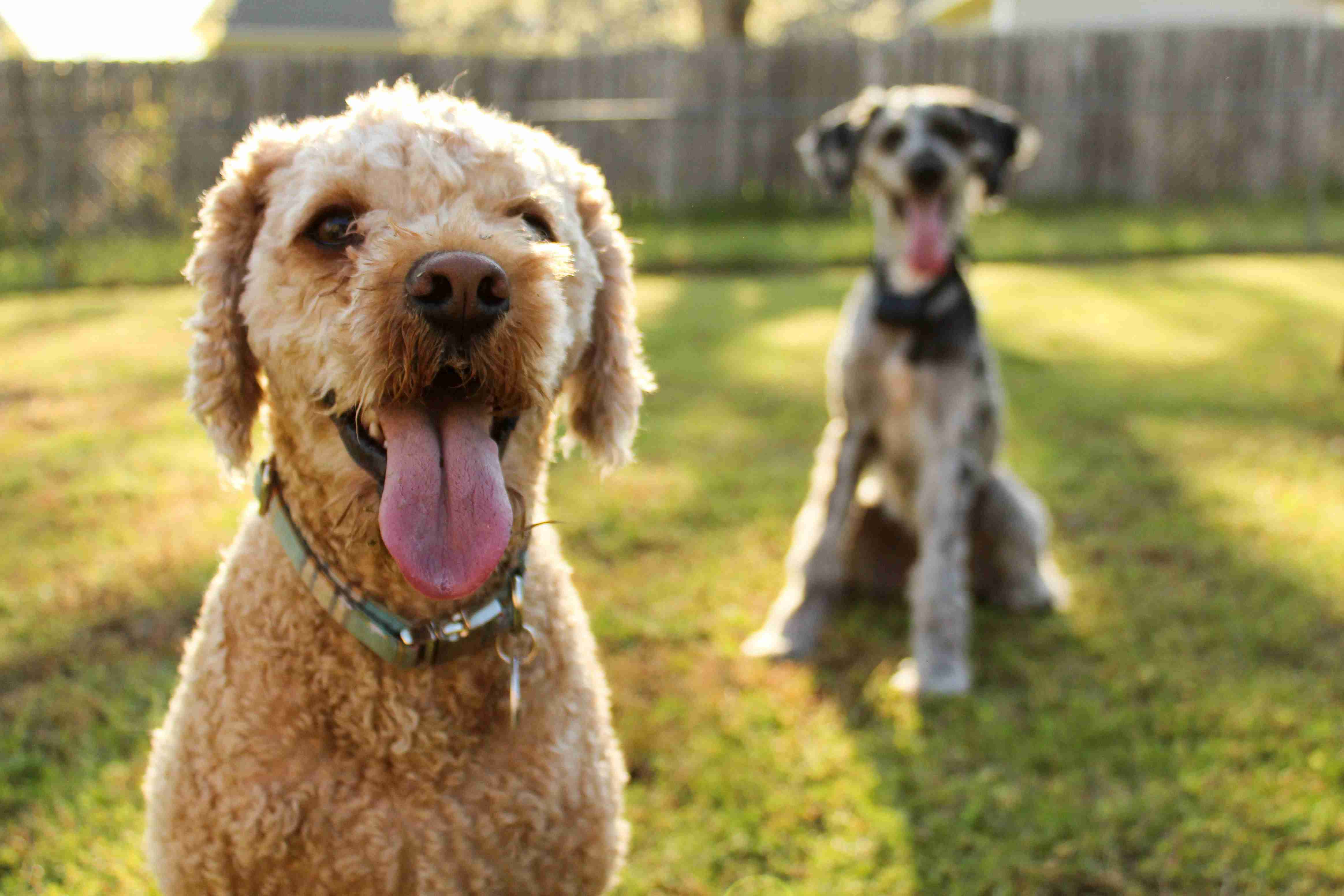Have you ever watched your furry companion chase their tail in circles and wondered why they do it? It’s a common behavior that both puppies and adult dogs exhibit, and it can be quite amusing to witness. But, have you ever considered the science behind why dogs chase their tails? This seemingly harmless behavior can actually tell us a lot about our canine friends and their instincts. In this blog post, we’ll delve into the mystery of why dogs chase their tails and explore the fascinating science behind it. Get ready to unravel the mystery!
Unraveling the Mystery: The Science Behind Why Dogs Chase Their Tails
Dogs are known for their playful and curious nature. One of the curious behaviors that dogs exhibit is tail chasing. You may have seen your dog chase its tail before and wondered why it does so. In this post, we’ll explore the science behind why dogs chase their tails.
Reasons Why Dogs Chase Their Tails
There are several reasons why dogs chase their tails. Here are some of the most common reasons:
1. Playfulness
Most dogs chase their tails because to-know/”>they find it fun and entertaining. Tail chasing is a form of play for dogs, and it helps them release pent up energy and stress. It’s also a way for dogs to get their owner’s attention and engage them in playtime.
2. Boredom
Dogs that don’t get enough exercise or mental stimulation may chase their tails out of boredom. Tail chasing is a way for dogs to entertain themselves when they have nothing else to do. If your dog is chasing its tail excessively, it may be a sign that it needs more physical exercise and mental stimulation.
3. Anxiety or Stress
Some dogs may chase their tails as a way to cope with anxiety or stress. This is particularly true for dogs that suffer from separation anxiety or other types of anxiety disorders. Tail chasing helps to distract them and relieve their anxious feelings.
4. Medical Issues
In some cases, tail chasing can be a symptom of an underlying medical issue. For example, dogs with fleas or other skin irritations may chase their tails as a way to relieve the itching and discomfort. Dogs with anal gland problems may also chase their tails as a way to alleviate discomfort.
The Science Behind Tail Chasing
Tail chasing is a common behavior in dogs, but the reasons behind it are not fully understood. However, there are some theories about why dogs chase their tails.
1. Genetics

One theory is that tail chasing is an inherited behavior. Some breeds, such as German Shepherds and Bull Terriers, are more prone to tail chasing than others. This suggests that there may be a genetic component to tail chasing.
2. Instincts
Another theory is that tail chasing is a leftover behavior from a dog’s wild ancestors. In the wild, dogs would chase their tails as a way to improve their balance and coordination. While domesticated dogs don’t need to hunt for their food, they may still retain this instinctive behavior.
3. Attention Seeking
Finally, tail chasing may be a way for dogs to get attention from their owners. When a dog chases its tail, it’s often a comical and attention-grabbing behavior. This may be a way for dogs to get their owner’s attention and engage them in playtime.
What to Do If Your Dog Chases Its Tail Excessively
While tail chasing is a normal behavior for dogs, excessive tail chasing can be a sign of an underlying issue. If your dog is chasing its tail excessively, here’s what you can do:
1. Increase Exercise and Stimulation
Make sure your dog is getting enough exercise and mental stimulation. This will help to reduce boredom and stress, which can trigger excessive tail chasing.
2. Address Medical Issues
If your dog’s tail chasing is due to a medical issue, such as fleas or anal gland problems, make sure to address the issue with your vet.
3. Seek Professional Help
If your dog’s tail chasing is due to anxiety or other behavioral issues, consider seeking the help of a professional dog trainer or behaviorist.
Conclusion
Overall, tail chasing is a common behavior in dogs that can have a variety of causes. While some dogs chase their tails out of playfulness or boredom, excessive tail chasing can be a sign of an underlying issue. If your dog is chasing its tail excessively, make sure to address the issue with your vet or seek the help of a professional dog trainer or behaviorist.
In conclusion, while the reasons behind why dogs chase their tails may vary, there is no denying that it is an instinctual behavior that has been observed for centuries. From boredom to anxiety, medical issues to genetics, there are many factors that can contribute to tail chasing. However, as pet owners, it is important to monitor our furry friends and ensure that they are happy and healthy. If you notice excessive tail chasing or any other unusual behavior in your dog, it is always a good idea to consult with a veterinarian. Understanding the science behind this behavior can help us better care for our beloved pets and strengthen the bond between humans and dogs.





%20-%20Copy.jpg)

.jpg)
%20-%20Copy.png)